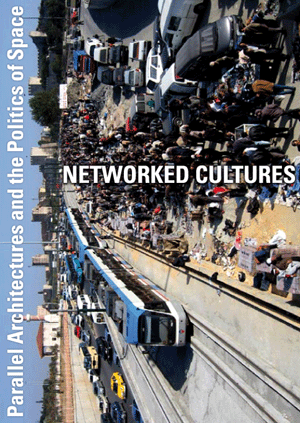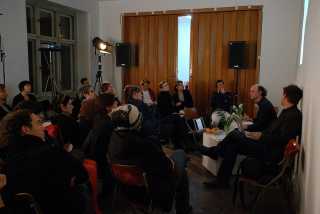_loginregistrieren_database_5 Factories - Worker Control in Venezuela Dario Azzellini & Oliver Ressler _ALMOSTREAL ECF _AnArchitektur Jesko Fezer _Arizona Road Azra Aksamija _Balkan Konsulat rotor _Bata-ville: We are not afraid of the future Nina Pope + Karen Guthrie / www.somewhere.org.uk _Black Benz Race krcf in collaboration with Felix Stalder, Arben Gecaj, Faton Topalli and Osman Osmani _Black Sea Files Ursula Biemann _Camp La Jolla Military ParkOwen Mundy _CHANGE REALITY: Renaming the Streets of Zagreb REINIGUNGSGESELLSCHAFT _Conceptual Paradise. There is a place for sophistication Stefan Roemer _de-regulation Irit Rogoff, Kutlug Ataman, Stefan Roemer_news ____________Bloomberg SPACE, London ____________Kumu Art Museum Tallinn ____________Open Space, Open Systems - Vienna ____________CAA 2011 Conference, New York ____________Forum Stadtpark, Graz ____________Symposium, Istanbul ____________lungomare, Bozen/Bolzano ____________Metropolis Biennale 2007-17, Copenhagen ____________new publication available now ____________Mestna Galerija, Ljubljana ____________Livestream of Networked Cultures documentary ____________ |
_News21 November 2009
|
_broadcasts_conversations+ Ana Dzokic and Marc Neelen+ Ayreen Anastas and Rene Gabri + atelier d'architecture autogérée (aaa) + Asya Filippova + Sophie Hope and Sarah Carrington + Branca Curcic + Christoph Schaefer + Campement Urbain + Claudia Zanfi + Despoina Sevasti and Poka-Yio + Erden Kosova + Helmut Batista _textsRadio as Spatial Practiceby: Paulo Tavares Survival Kits: Artistic Responses to Globalizationby: Marga van Mechelen What Ever Happened to Cultural Democracy?by: Sophie Hope I don't know how to explain ...by: Anca Gyemant Trading Placesby: Peter Moertenboeck & Helge Mooshammer Milosevic as Architectby: Srdjan Jovanovic Weiss When the Unavoidable Knocks at the Door ...by: Gulsen Bal Tracing Translocality: The BlackBenz Raceby: Felix Stalder travelling lexicon towards a global positioning systemby: Celine Condorelli |
 This conference consists of public brainstorming about spatial conceptualizations of artistic projects of a translocal and transdisciplinary nature. We aim to articulate possibilities on how we can develop and realize present places of production and how we can present these projects. Architects, curators, artists, researchers, and theoreticians will introduce their projects in the form of statements. Respondents will counter their short contributions. Thematically, the conference takes off from two threads: space and network.
This conference consists of public brainstorming about spatial conceptualizations of artistic projects of a translocal and transdisciplinary nature. We aim to articulate possibilities on how we can develop and realize present places of production and how we can present these projects. Architects, curators, artists, researchers, and theoreticians will introduce their projects in the form of statements. Respondents will counter their short contributions. Thematically, the conference takes off from two threads: space and network.